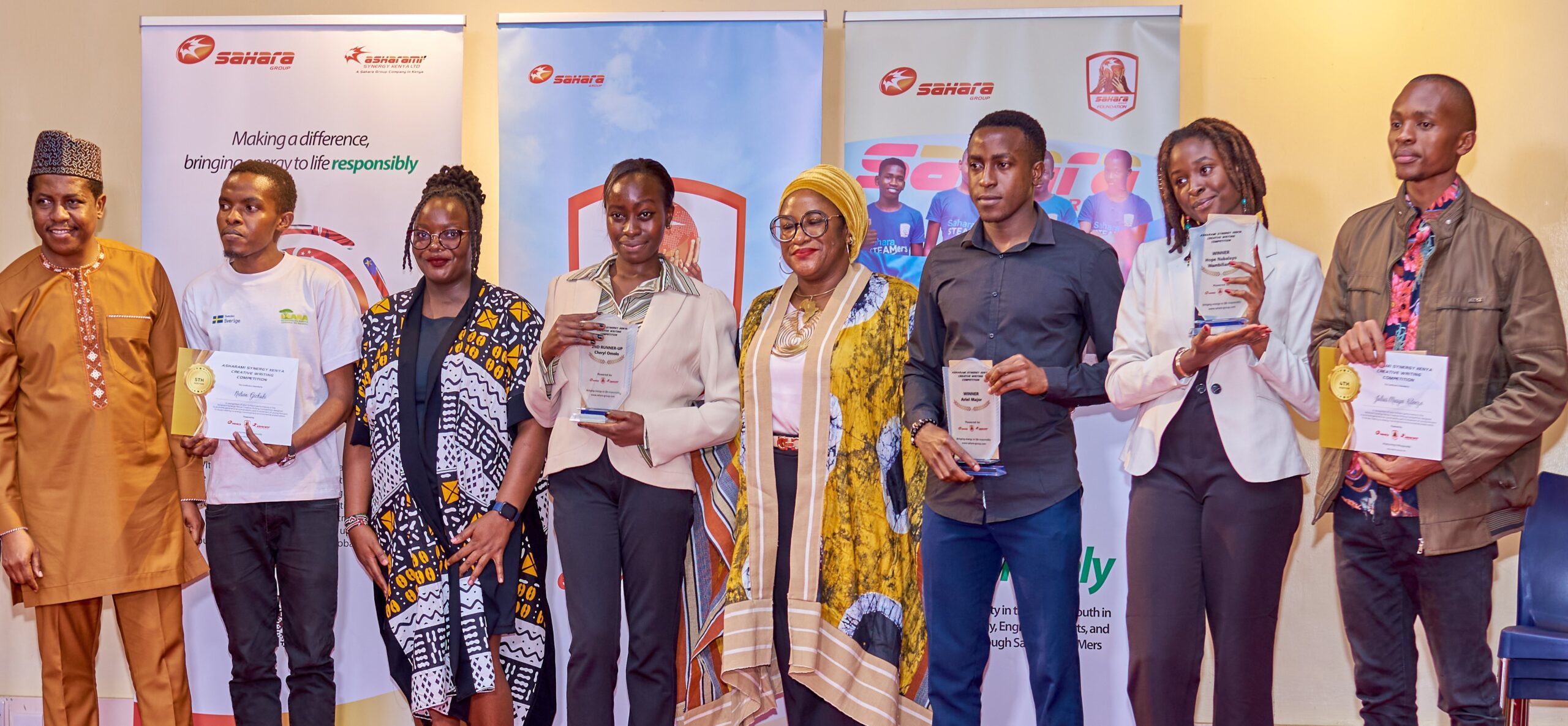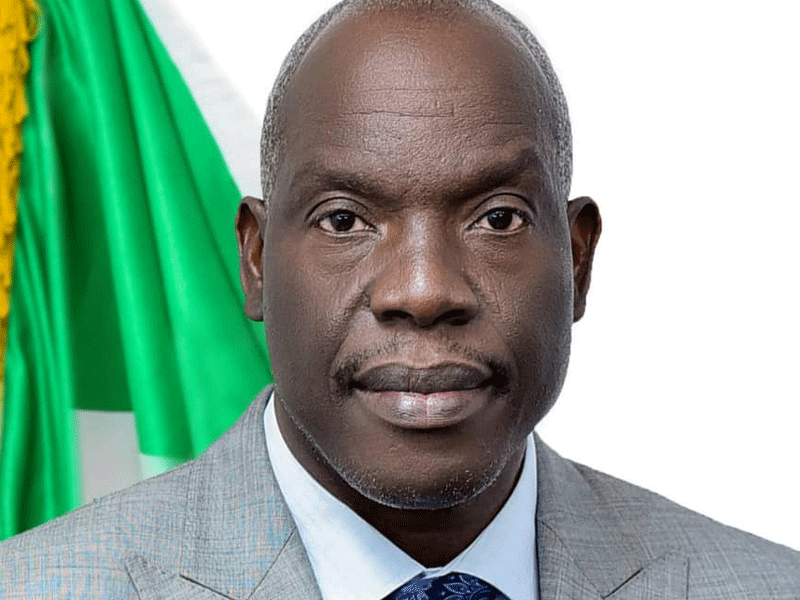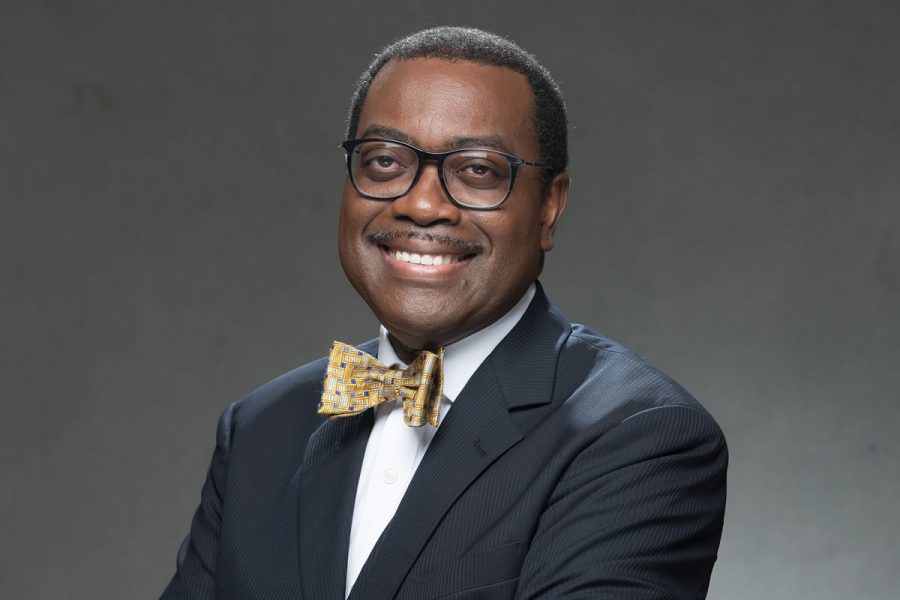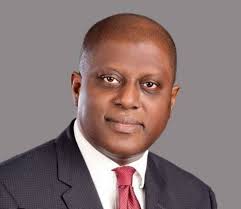
Asharami Synergy Kenya Announces Nabalayo,Major,As Winners OfCreative Writing Competition
Mohammed Shosanya Asharami Synergy Kenya Limited, a Sahara Group Company, has announced Hope Nabalayo and Ariel Major, both students at University of Nairobi as joint winners of its creative writing competition at









